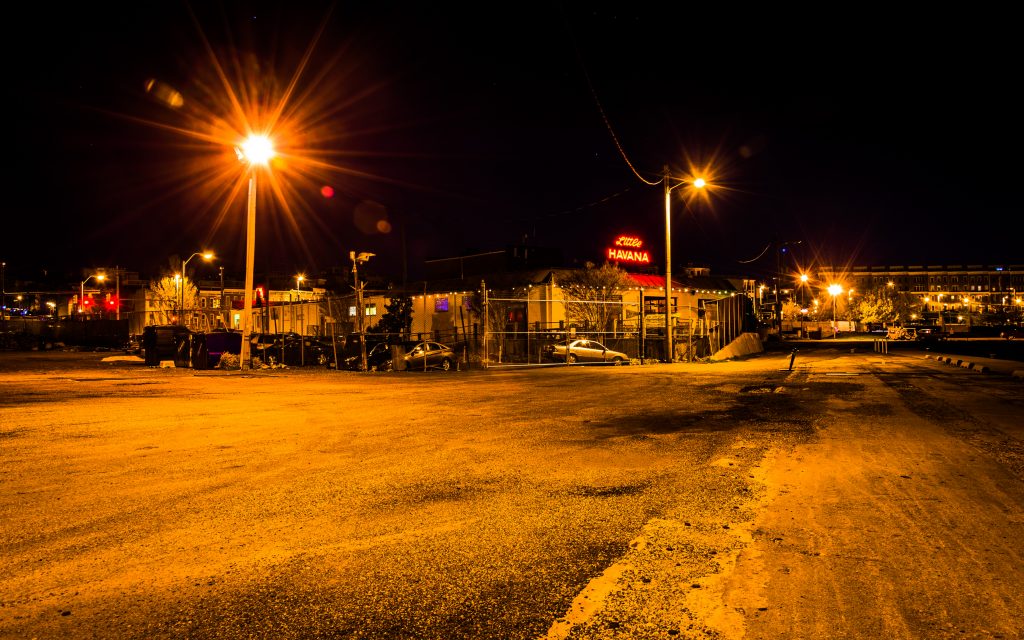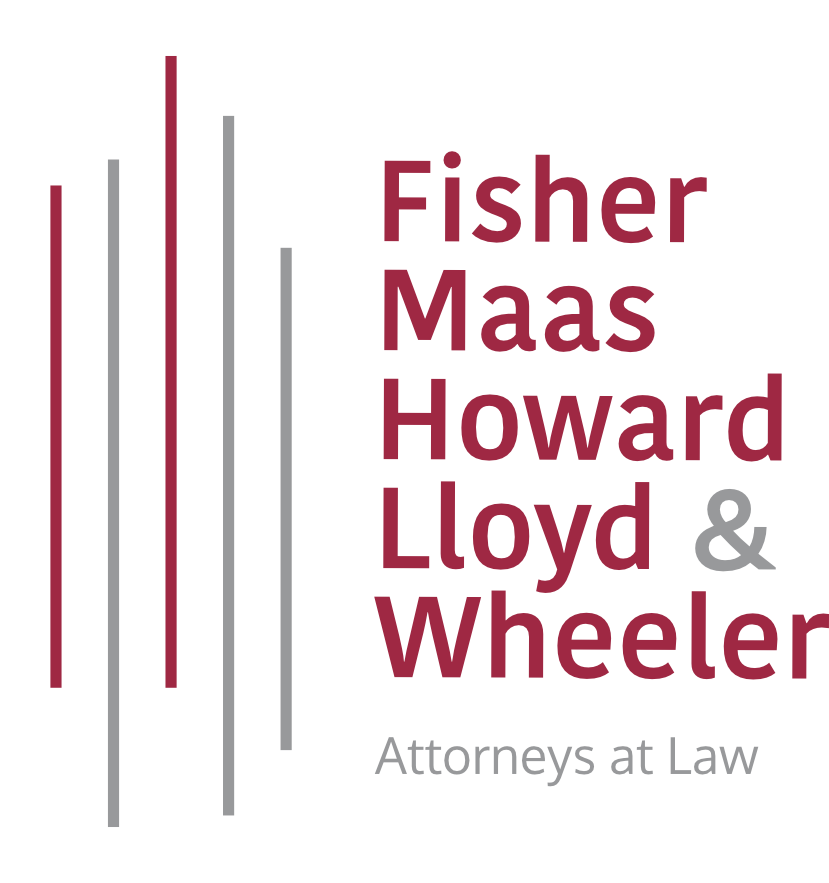
You run a tavern. After a reasonably quiet night you close at 3 am. One of your customers had been there for a while, having friendly conversations with bartenders and other guests during the evening. It was the habit of customers to hang out in the parking lot for a while after closing time, and this particular guy was among them. Later, some unknown people attacked the man on your parking lot, causing terrible and permanent injury. Are you responsible?
The Indiana Supreme Court, in a recent opinion, said no. Instead, it reaffirmed a traditional rule that has been under pressure in recent years – namely, whether the proprietor of a business can be held responsible for a third person’s criminal attack on a customer or patron.
It has long been the law in Indiana that the owner or operator of a business has no duty to protect a guest or customer from injury caused by an unforeseeable criminal act. But the last few years have seen multiple attempts to relax the level of foreseeability required, so as to improve an injured person’s chance of recovering from the owner or host of a premises where a criminal act occurs.
The most recent case to address this issue is Cavanaugh’s Sports Bar & Eatery, Ltd. v. Porterfield which was decided by the Indiana Supreme Court on March 3, 2020 (140 N.E.3d 837). The facts involved a tragic injury to a bar patron which resulted in his blindness. The rub was that the injury occurred in the bar’s parking lot where people were congregating after the bar’s 3 a.m. closing time. It was at the conclusion of an uneventful evening that the customer was attacked by an unidentified assailant.
Mr. Porterfield (the injured plaintiff) had argued that the bar owed him a duty of reasonable care because of a history of general criminal activity in the neighborhood and because police had been called five times in the preceding year to break up parking lot fights which broke out at the location between 3 and 3:30 am. The Court of Appeals had agreed with Mr. Porterfield, concluding that “parking lot fistfights at closing time” are within the kinds of “rowdy behavior” that a tavern owner should expect. This, in addition to the “history of incidents” at the location, “gave it reason to contemplate further such incidents in its own parking lot.”
The Indiana Supreme Court disagreed, holding that in order for the tavern to owe a duty to protect Mr. Porterfield from a parking lot attack, it must have had some inkling of “present and specific circumstances” that would “cause a reasonable person to recognize the risk of an imminent criminal act”.
After recounting several contrasting examples where a homeowner or business was aware of escalating tension or a specific history of aggressive behavior, the Court concluded that the bar owner did not know of a risk of an imminent criminal act. Instead, it had been a calm evening at the bar with no apparent tension between Mr. Porterfield and the other customers. The Court held that historical evidence of past criminal activity or violence will not substitute for current knowledge that imminent harm is likely.
So, it remains the law that landowners have a duty to take “reasonable precautions” to protect invited guests from foreseeable criminal attacks. But where there is no evidence that the premises owner had any reason to expect a particular kind of harm to a particular type of individual, there is no duty of protection owed to the injured guest.



